61%
agree that digitization saves time for caregivers to spend with patients.

2022

As a leading global hygiene and health company, we continuously gather insights that help us break barriers to well-being and contribute to inclusive, stigma-free societies. This time, we have talked to more than 15,000 people in 15 countries all over the world about the gap between their current behaviors and attitudes towards well-being and how they would like to live in the future.
15,000
People talked to15
Countries researchedOne key insight from the survey is the link between physical and mental well-being. Our hygiene solutions, educational initiatives and partnerships help reduce shame and social exclusion and to improve both people’s physical and mental health in the process.
Future personal care
As we look to the future, our new lifestyles are creating new demands on the well-being and support we need.
One in three claim that they want to worry less about their future well-being, so they can instead focus on more positive aspects of their lives, like dreams and family. There is work to be done then, since as many as two out of three experience barriers to living healthier, stating time and motivation as the biggest.

34%
say that being free from pain and discomfort is most essential to their daily well-being.
"I try to keep moving as much as possible now, so I can have a pain-free and active lifestyle in the future."
Kelly, 55, USA

What people want to focus on the most
People’s biggest barriers
Can you guess?
17%
43%
65%
Correct. 43% say exercising regularly is something they want to focus more on.
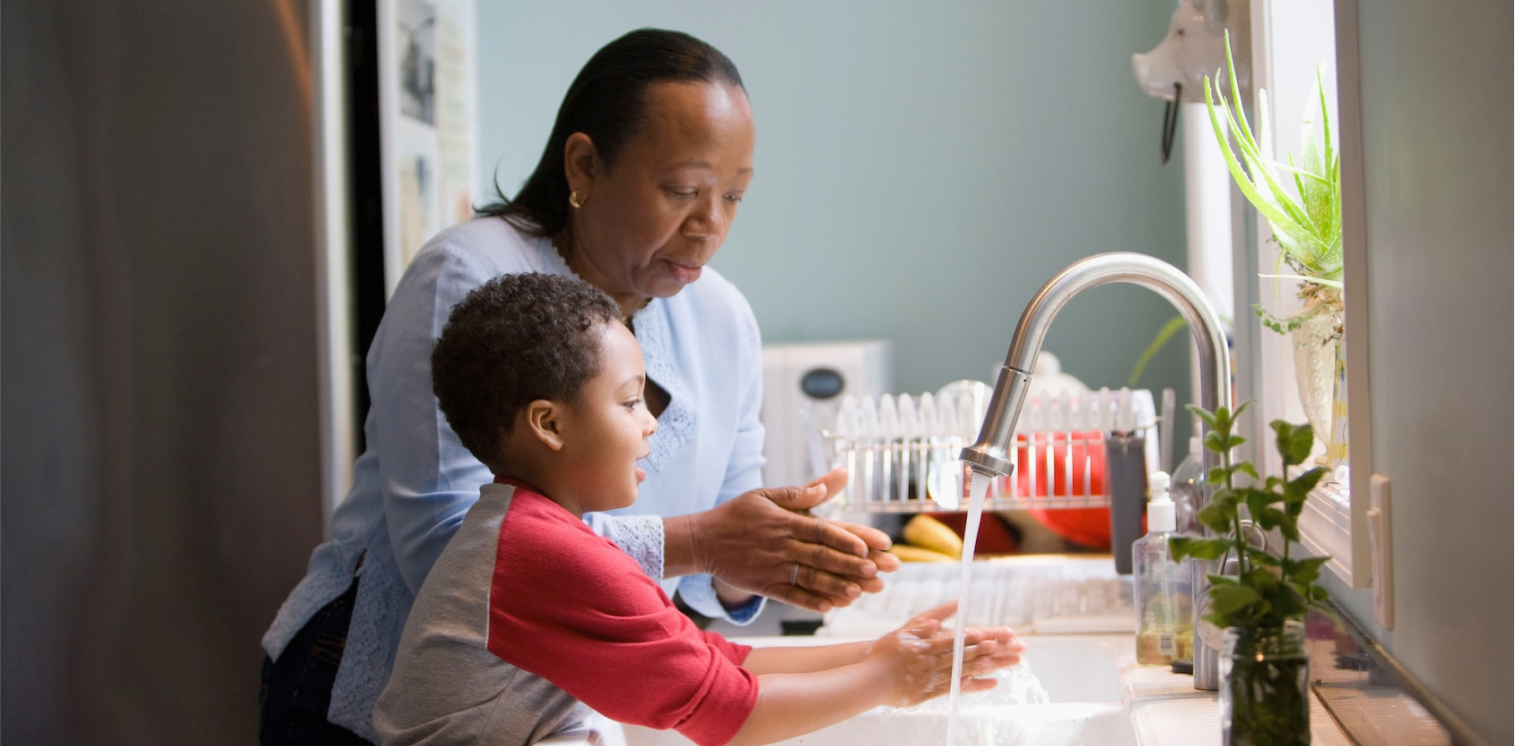
Future hygiene dialogue
Stigmas and taboos negatively affect the fulfilment of peoples’ needs, especially among the young.
55%
claim to be knowledgeable about menstruation.45%
agree that schools creating spaces for dialogue and education is necessary to reduce shame and stigma.23%
go through incontinence avoiding talking about it.For example, only 55% claim to be knowledgeable about menstruation. And as many as 23% going through incontinence say they avoid talking about it. Education could play an important role here, with as many as 45% agreeing that schools creating spaces for dialogue and education is necessary to reduce shame and stigma.
of females have learned about menstruation from school.
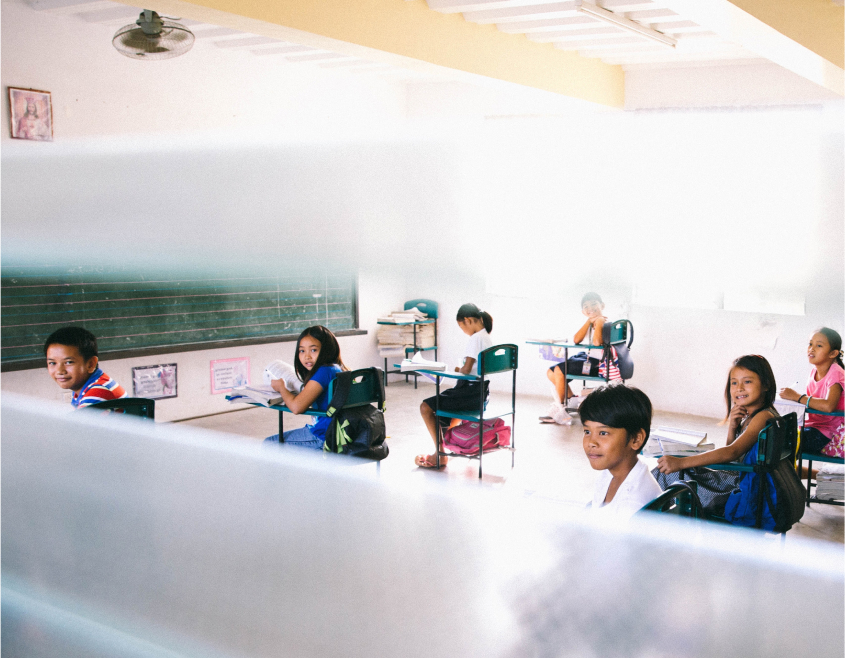

“Conversations need to start happening, either behind closed or open doors, about these sensitive topics. Because that is the only way they will spread to more open forums.”
Rahul, 27, India
Is this statement correct?
Yes
No
Correct. Women can get pregnant during menopause, even if they are not having periods.
Essity helps women prepare for menopause with TENA.
TENA helps caregivers provide loved ones with incontinence the right hygiene.
Bodyform launches initiatives to break period taboos and fight period poverty.
Uncover more myths about health and hygiene in our infographic
Incorrect. Women can get pregnant during menopause, even if they are not having periods.
Essity helps women prepare for menopause with TENA.
TENA helps caregivers provide loved ones with incontinence the right hygiene
Bodyform launches initiatives to break period taboos and fight period poverty.
Uncover more myths about health and hygiene in our infographic

Future of care giving
What’s needed for the future of professional care and how can we empower people to take care of their own and others’ health?
43%
say emotional and psychological support would make it easier to be a caregiver.45%
feel comfortable sharing personal data for digital healthcare.43% say emotional and psychological support would make it easier to be a caregiver, while 1 in 3 would like workplace compensation and time for being a caregiver. Digitization is part of the solution. However, only 45% feel comfortable sharing personal data for digital healthcare.

agree that digitization saves time for caregivers to spend with patients.
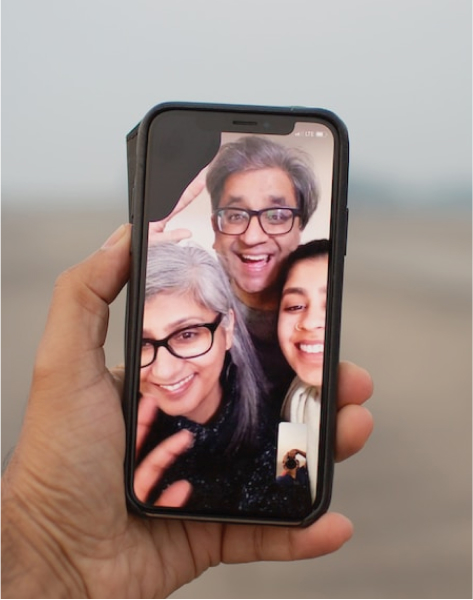
“I want to live at home for as long as possible and if digital care can help with the heavy lifting, the burden won’t become too large on the ones taking care of me.”
Larry, 45, UK
Is this statement correct?
False
True
This statement is true. 1 in 4 adults want their partners and parents to be more involved as caregivers.

Health threats of tomorrow
The list of global threats to public health is long. Trust in governments is declining and people are increasingly turning to experts for advice.
The numbers of people who worry about war (56%) and food shortage (55%) have seen the biggest increases over the last years. The fear of antimicrobial resistance to public health persists (54%).
People are concerned about hygiene and the mental toll of constant danger is beginning to show.
What people worry about most
Swipe to explore chart
Only
know what antimicrobial resistance is.
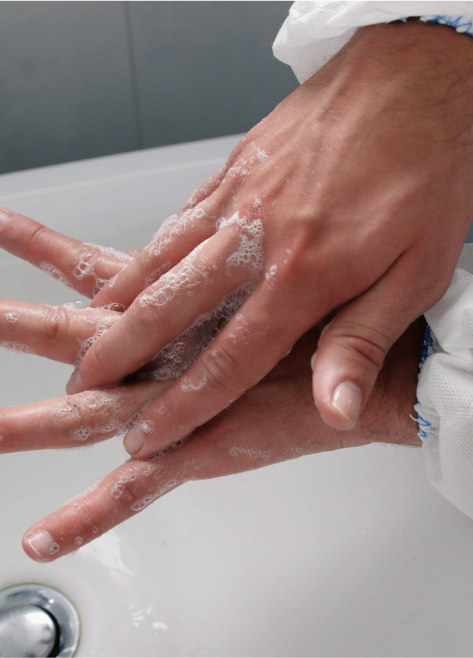
Also,
are worried that lack of proper hygiene at healthcare facilities might expose them to antimicrobial resistant germs.

"Even more now, I feel that practicing good hygiene habits is a matter of mutual respect and disease prevention."
Louise, 33, FranceCan you guess?
52%
42%
32%
Correct. 52% agree with the statement “I am worried that poor hygiene habits of people around me might expose me to antimicrobial resistant germs.”
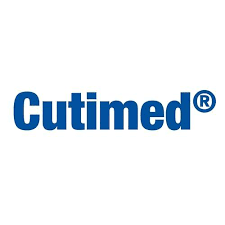
Learn how Essity works with infection prevention, wound care and Antimicrobial Resistance with Cutimed and through initiatives and partnerships.
Incorrect. 52% agree with the statement “I am worried that poor hygiene habits of people around me might expose me to antimicrobial resistant germs.”

Learn how Essity works with infection prevention, wound care and Antimicrobial Resistance with Cutimed and through initiatives and partnerships.

Redesigning public spaces
The pandemic has increased the scrutiny on hygiene standards in public places.
People not only want them to meet the most basic hygiene and product needs, but to also go above and beyond to ensure accessibility and high standards.
Washrooms of the future will be expected to integrate technology and 2 in 3 say access to basic personal hygiene products is essential to well-being in public spaces.
Only
say they feel safe about hygiene standards in public bathrooms.
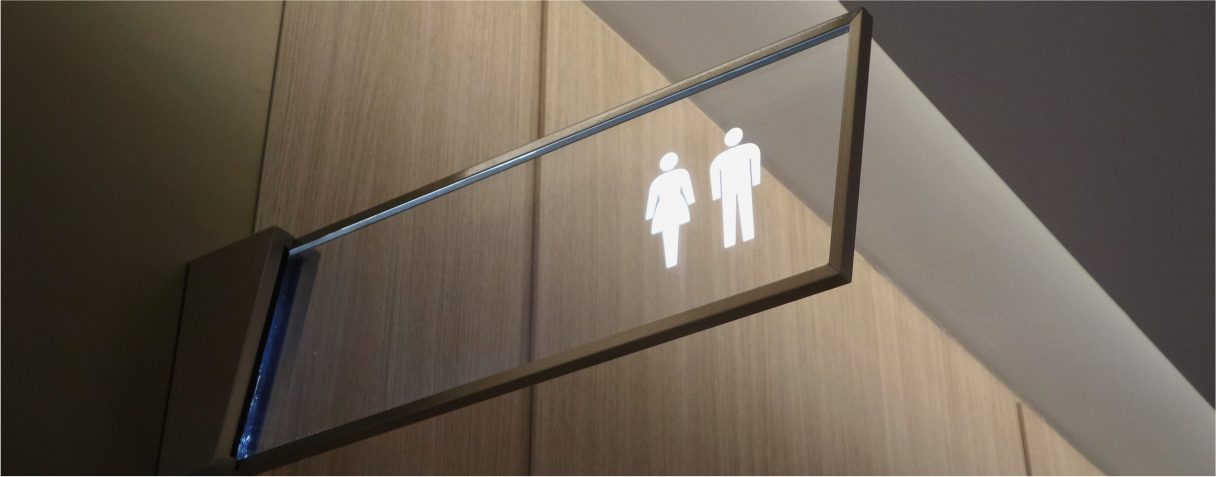

“I don’t feel comfortable when visiting a public bathroom, and I always avoid touching surfaces. Having contactless bathroom devices would make me feel safer.”
Dorothea, 44, Germany
Is this statement correct?
False
True
This statement is true. Jet air dryers spread 10X more bacteria and compared to paper hand towels produce more airborne droplets, increasing the risk of bacteria spread.

Sustainable consumption
There is a desire amongst consumers for health and hygiene products that are good for them, the environment and society.
and they are willing to pay 12,77% more for more sustainable hygiene and medical products.
However, making sustainable choices is not as easy as it might seem. Barriers such as cost, effort and access must be lowered, and only 1 in 3 are willing to pay more to live sustainably.
Finding reliable information to make better purchasing decisions is also a daunting task for consumers – and an opportunity for businesses.
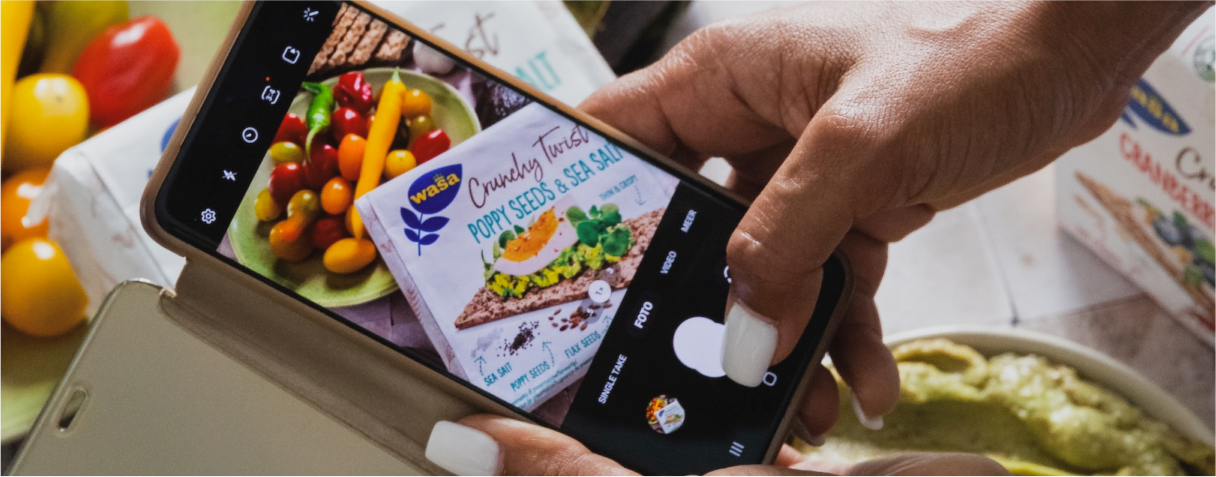
say they themselves are responsible for ensuring that they consume sustainably.
“I don’t mind paying more for sustainable items if it has been developed so it’s good for me and the environment.”
Sofie, 36, Sweden

Can you guess?
55%
66%
77%
Correct. 77% say yes to “Sorting all my waste for better recycling”.

Download the full Global Hygiene and Health Survey 2022 results as a PDF, or a one page infographic showing the top myths and misconceptions from our survey to get the full picture.